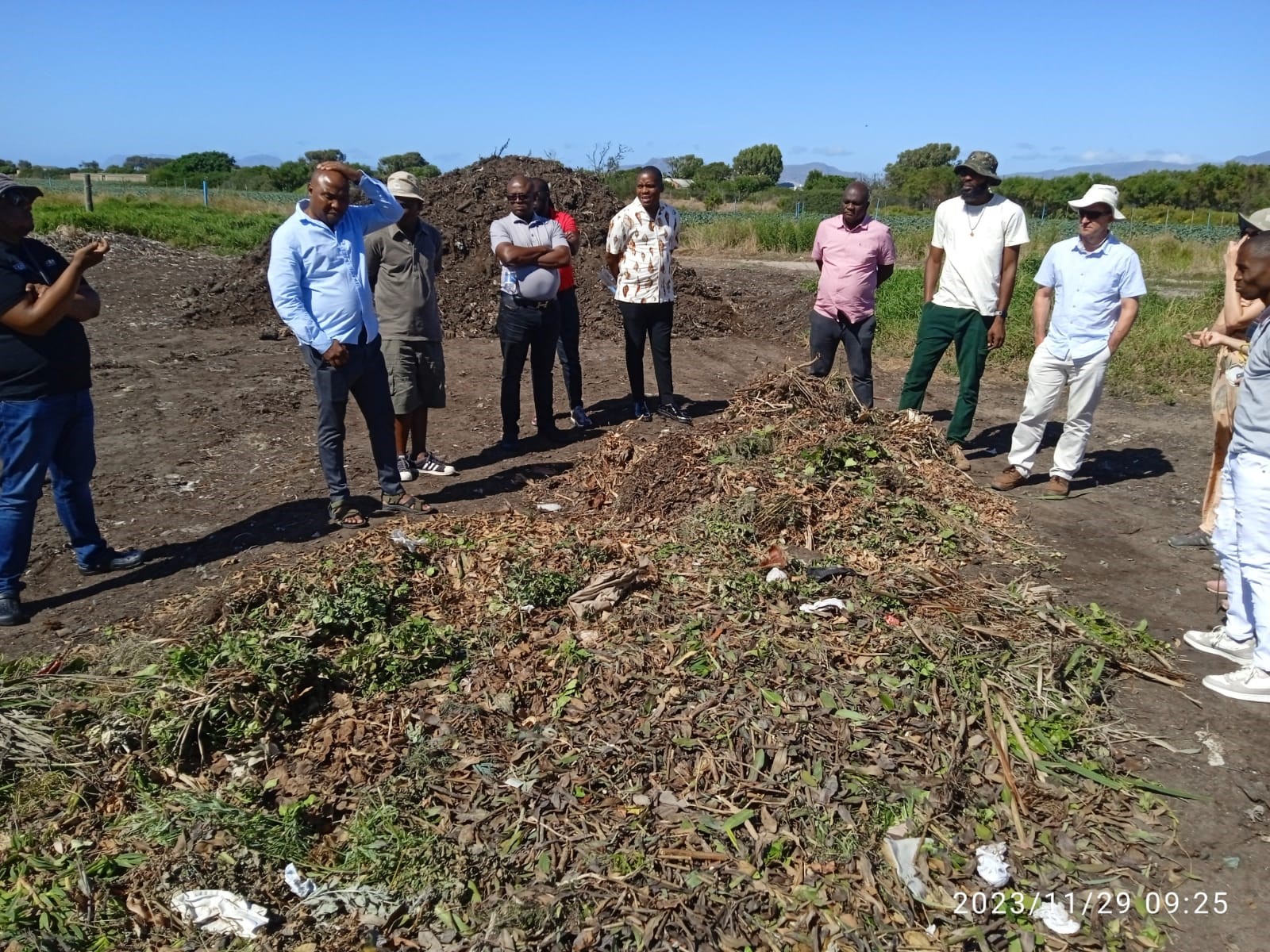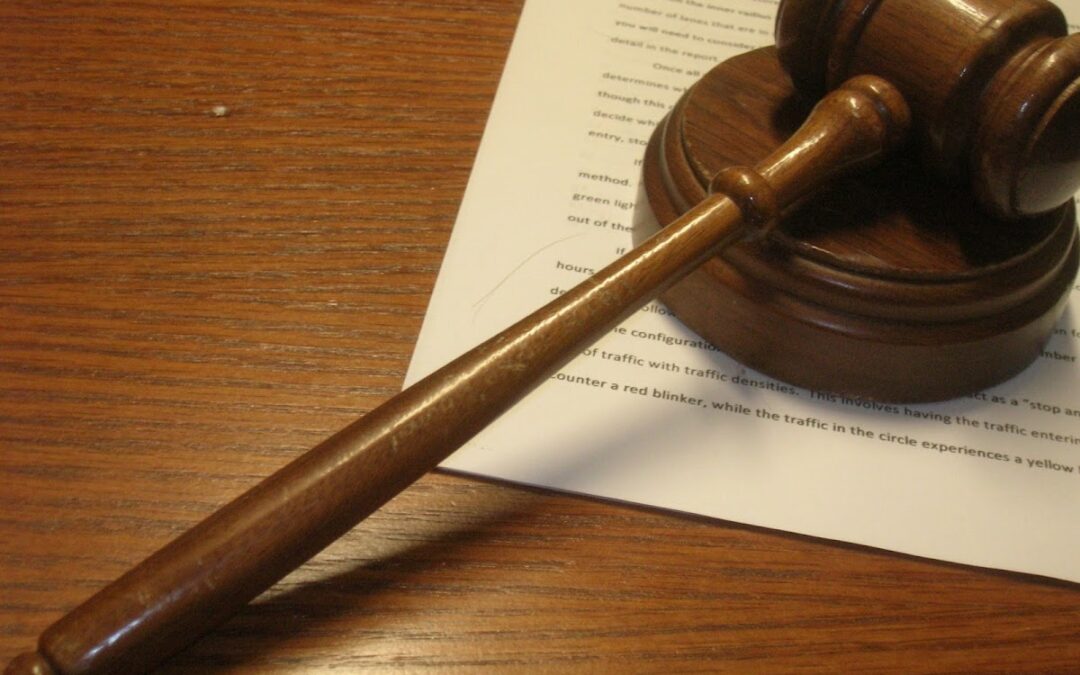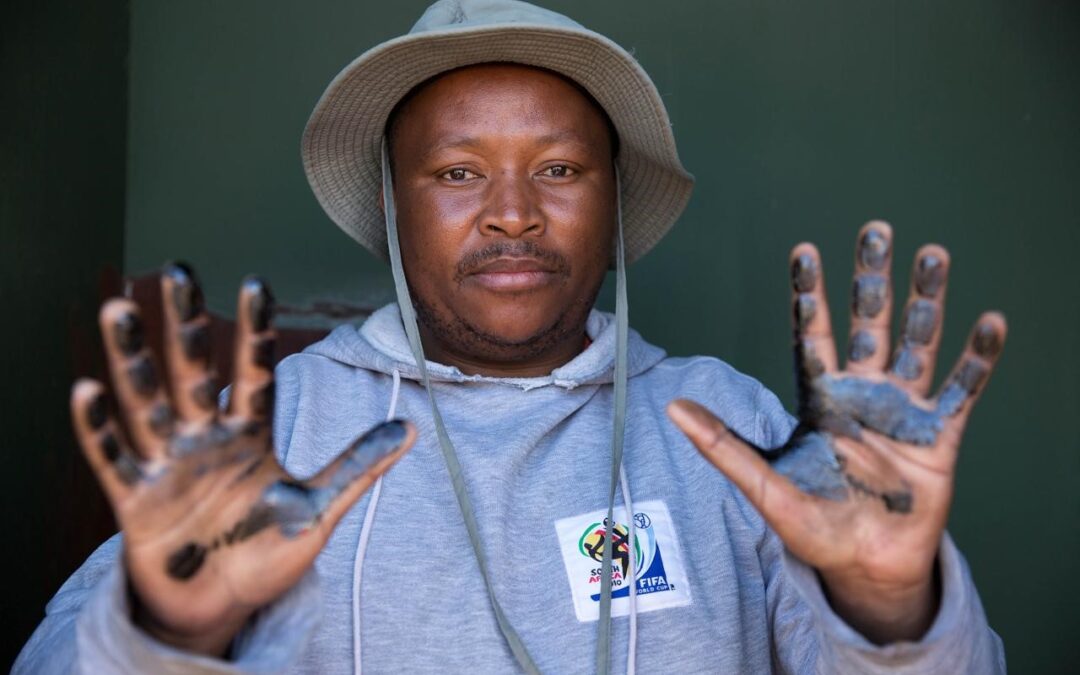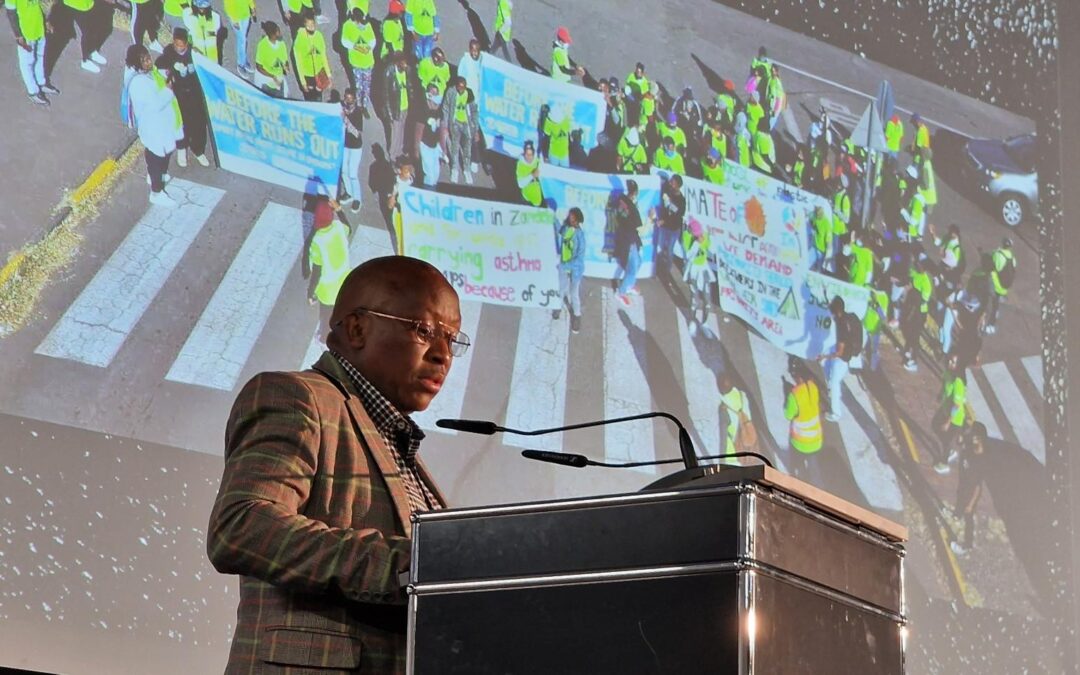
On the back of the success of Durban’s Warwick Zero-Waste (WZW) Project, which started in 2021 as a small-scale informal collaboration between the eThekwini Municipality, informal traders and waste workers in the Markets of Warwick, local Non-Governmental Organisations groundWork and Asiye eTafuleni (AeT), and the Urban Futures Centre (UFC) at the Durban University of Technology (DUT), a 3-year Memorandum of Understanding (MOU) has been signed between the municipality, the UFC at DUT and groundWork. The MOU paves the way for the civil society partners to continue working collaboratively with three Units of the municipality in the effective management of organic waste in the City, diverting this waste from landfill to make nutrient rich compost. The three eThekwini Municipality Units involved are the Business Support, Markets, Tourism and Agribusiness Unit (BSMTAU), the Cleansing and Solid Waste (CSW) Unit, and the Parks, Recreation and Culture (PRC) Unit. These Units have worked collaboratively on the project in a non-siloed approach, along with the WZW partners, from the outset.
“Rethinking and restructuring our waste management systems and practices is important. The Warwick Zero-Waste project has unlocked economically viable solutions that are socially and environmentally just,” said Dr Tamlynn Fleetwood, the project Co-Investigator based at the UFC and lead of the composting pilot.
From small beginnings, the WZW Project started diverting organic waste from the Warwick Early Morning Market away from already overstretched municipal landfills on the periphery of the City, one bin at a time. In 2022, they started scaling up incrementally with the aim of eventually diverting the full 400 tonnes of waste generated by the market annually. This diversion not only saves the city millions by bringing their solid waste removal costs down, but it also helps mitigate climate change by reducing hazardous methane emissions that are generated by dumping organic waste in landfills. The benefits do not end there as the WZW team converts this organic waste into compost at the Durban Botanic Gardens, just 1,5 km from the Early Morning Market. This small, closed loop model is currently generating tonnes of rich compost for the PRC Unit to be used across parks and green spaces in the city at zero cost, generating yet more savings on stretched budgets.
“My take-away from this project is that as local government, we can now scale up operations and look for ways to maximise benefits, including possible avenues for commercialisation,” said Mr Thulani Nzama, Head of the eThekwini Municipality’s Business Support, Markets, Tourism and Agribusiness Unit.
The MOU provides for the partners to draw on their collective expertise, capacities, and resources to achieve their shared climate and socio-economic goals. It also formalises the city’s commitment, through its three participating Units, to support the scale-up of the organic waste to compost pilot – amplifying a number economic and environmental co-benefits and providing opportunities for advocacy, training and capacity building for municipal staff, students, and the public on composting and zero-waste.
The civil society partners are particularly excited to have this MOU in place with local government as it promises to embed zero-waste principles in the handling of organic waste across the city. This endorses the concept of supporting inclusive, regenerative, circular economies in urban settings.
In late November last year, the WZW Project partners initiated a zero-waste municipal learning exchange that started out with a tour of various municipalities in the Western Cape. The idea was to connect municipal partners from the eThekwini Municipality, who are working on the WZW Project’s composting and waste picker integration pilots, with their municipal counterparts in the Western Cape.
The exchange aimed to provide space and time for peer learning through sharing processes, experiences, and best practices used in different contexts to manage municipal waste. The focus of the exchange was on approaches to managing organic waste at scale, as well as separation at source (S@S), recycling and waste picker integration interventions.
Members of the WZW composting team joined a delegation of senior officials from the three eThekwini Units to meet their counterparts from the municipalities of Cape Agulhas, Overstrand, Swellendam, as well as the City of Cape Town. The exchange also included a learning engagement with the Western Cape Provincial Department of Environmental Affairs and Development Planning (DEA&DP).
The programme took delegates to several municipal waste management sites, including visits to composting operations, a Materials Recovery Facility (MRF), and a landfill site. A combination of formal engagement sessions and site visits allowed participants to showcase their work, share technical knowledge, and discuss the challenges they face along with possible mitigation strategies. This laid a foundation for future collaboration that has already borne fruit in that the WZW Project has connected with a group from the Greater Tygerberg Partnership who are working on similar initiatives.
“The zero-waste learning exchange was inspiring with many learnings to take away. Most of the activities and sites visited fall under my Department. The highlight for me was an innovative compost project in Overberg where they are heating the water supply for a house by passing it through a tall compost windrow,” said Mr Jimmy Ngcobo, eThekwini’s Acting Deputy Head for Strategic and New Development for the Cleansing and Solid Waste (CSW) Unit.
The connections and partnerships built with the Western Cape colleagues will be nurtured over the coming months through the co-development of a series of joint online sessions facilitated through the project’s Africa Zero-Waste Hub platform. These online sessions will take place in the build-up to the eThekwini Municipality leg of the learning exchange that will take place in the second quarter of 2024.
“Relationship building is important to maximise the positive impact of the partnerships. There has never been a more critical moment than the present to up our collective efforts to mitigate human induced climate change. The harmful effects of climate change are real and pressing and have disproportionate risks for marginalised and vulnerable communities. Through better management of our organic waste (including food and garden waste), and our recyclables, we can activate mutually beneficial economic and social wins and mitigate climate change,” said Dr Fleetwood.
-ends-
Media Contacts:
For further enquiries and to arrange radio and television interviews please contact Tsepang Molefe of groundWork
eThekwini Cleansing and Solid Waste: ">
eThekwini Parks, Recreation and Culture Unit:
Useful Links
See images here



